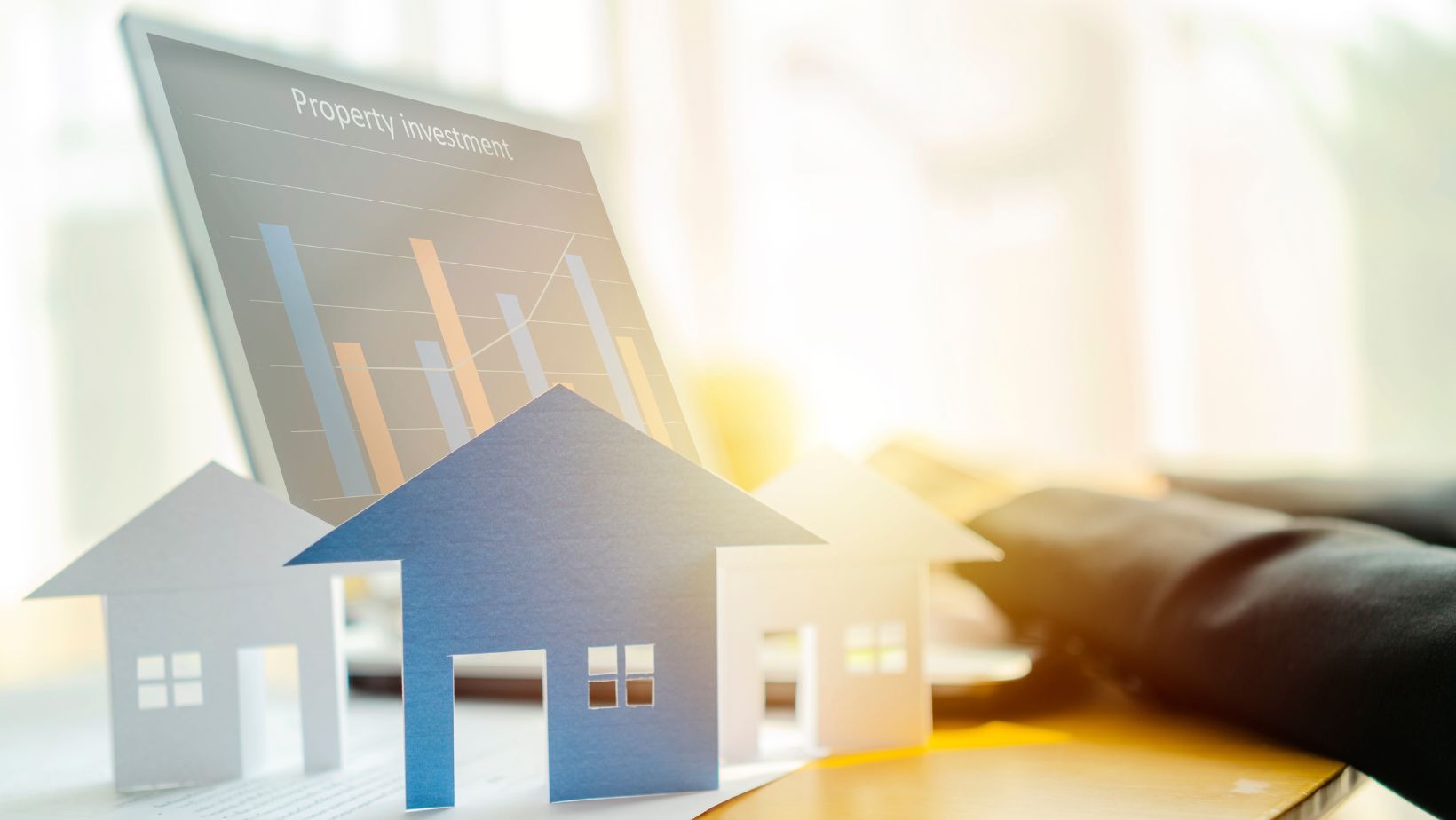The journey of creating a custom home is both a deeply personal and a financially significant venture. It requires a nuanced understanding of the real estate market, a clear vision of your dream home, and a strategic approach to budgeting. This guide delves into the key cost factors and budgeting strategies for custom home projects, offering insights for prospective homeowners navigating the dynamic real estate landscape.
Understanding The Real Estate Market Dynamics
Before embarking on a custom home project, it’s crucial to comprehend the current trends and fluctuations in the real estate market. The cost of land, materials, and labor are not static; economic conditions, supply chain dynamics, and regional factors influence them. A savvy homeowner will monitor market trends to time their project optimally. For instance, a dip in real estate prices or a decrease in the cost of raw materials can significantly reduce the overall budget of a custom home.
Budget Allocation: More Than Just Construction Costs
When budgeting for a custom home, the focus often lies on construction costs. However, there are several other financial aspects to consider. These include the price of the land, legal fees, taxes, and potential cost overruns. It’s also wise to account for interior design, landscaping, and contingency funds for unexpected expenses. A comprehensive budget plan will ensure that all these elements are considered, preventing financial strain down the line.
Land Acquisition: The First Step
The choice of land is a pivotal decision in the custom home-building process. The plot’s location, size, and topography determine the potential of your future home and significantly impact the budget. Prime locations come at a premium, while more remote areas might offer cost savings but could increase commuting and infrastructure expenses. It’s a balancing act between desires, practicality, and budget constraints.
Material Selection: Balancing Quality And Cost
The materials used in construction play a crucial role in the home’s aesthetics and longevity. High-quality materials may have a higher upfront cost but can offer durability and lower maintenance costs in the long run. Conversely, budget-friendly options can reduce initial expenses but might lead to higher repair and replacement costs. An informed decision, balancing quality and price, is essential in material selection.
Labor Costs: The Human Element in Home Building
Skilled labor is a substantial component of the home-building budget. The labor cost varies significantly based on the region, the complexity of the project, and the expertise required. Hiring experienced professionals might seem expensive initially, but their expertise can lead to a more efficient construction process and a higher quality outcome.
Design Complexity: How Ambition Influences Budget
The design of the home greatly influences the budget. Simple, minimalist designs typically cost less, while complex, custom designs with unique features and high-end finishes can escalate costs. Working with an architect who can translate your vision into reality while keeping budget constraints in mind is important.
Navigating The Permit Process
Obtaining the necessary permits is an often overlooked but crucial part of budgeting. The cost and time of securing permits vary by location and project scope. This bureaucratic process can impact the project timeline and budget, so it’s important to factor this into the initial planning stages.

Energy Efficiency And Long-Term Savings
Investing in energy-efficient features might increase the initial budget but can lead to significant savings in utility costs over time. Solar panels, energy-efficient appliances, and sustainable building materials are environmentally friendly and economically beneficial in the long run.
The Role of Technology in Cost Management
Advancements in construction technology, such as 3D modeling and prefabrication, can help manage costs effectively. These technologies allow for precise planning, reducing waste, and optimizing resource allocation.
Final Thoughts: A Strategic Approach to Custom Home Building
Building a custom home is a transformation journey, turning a vision into reality. It requires careful planning, a thorough understanding of the real estate market, and a strategic approach to budgeting. By considering these key factors, prospective homeowners can confidently navigate the complexities of custom home building, creating a space that resonates with their aspirations while aligning with their financial goals.
